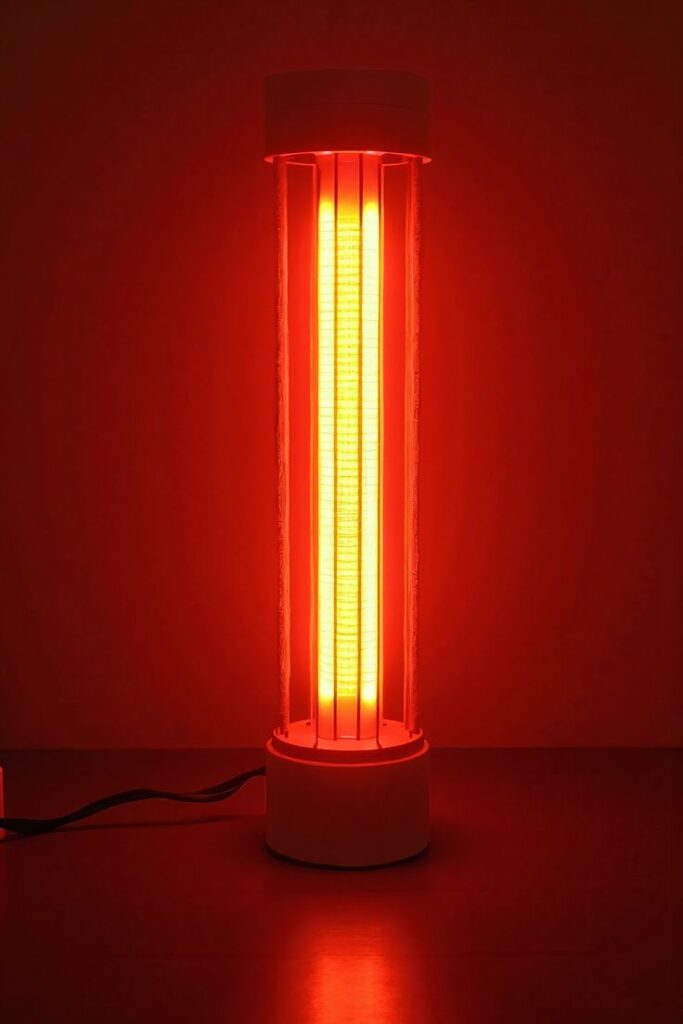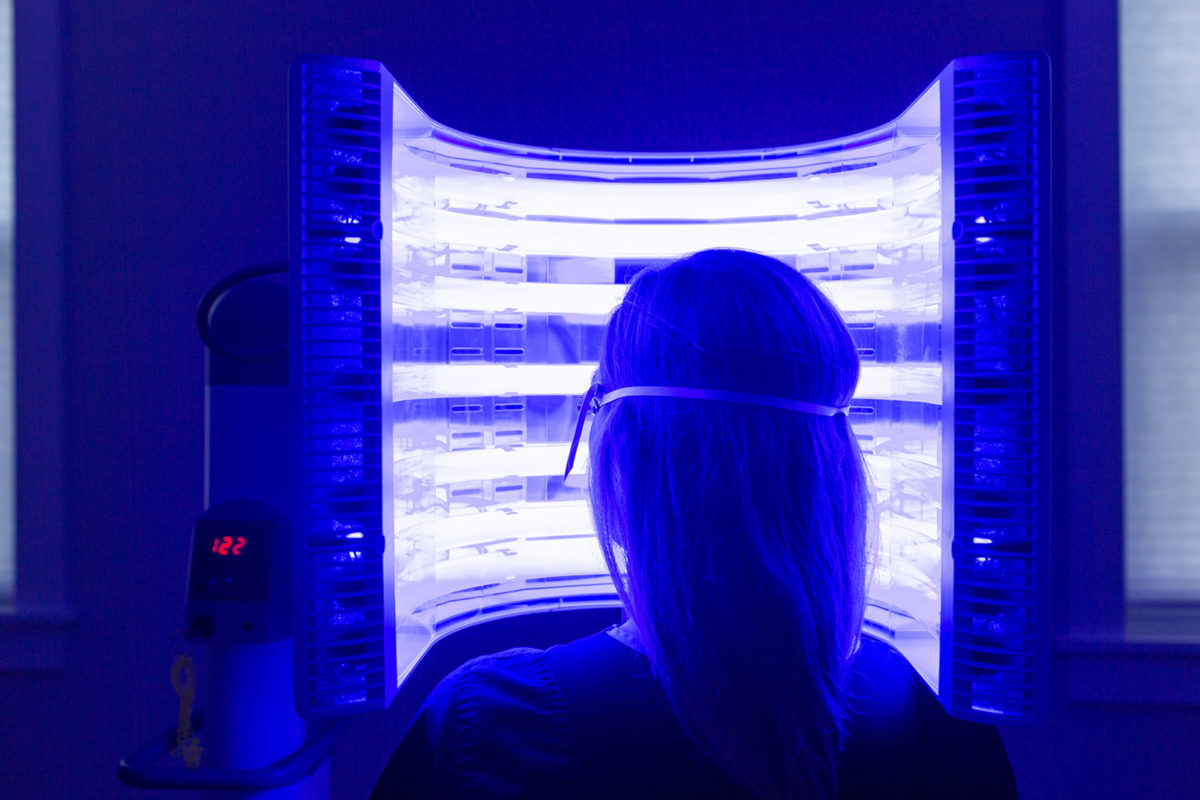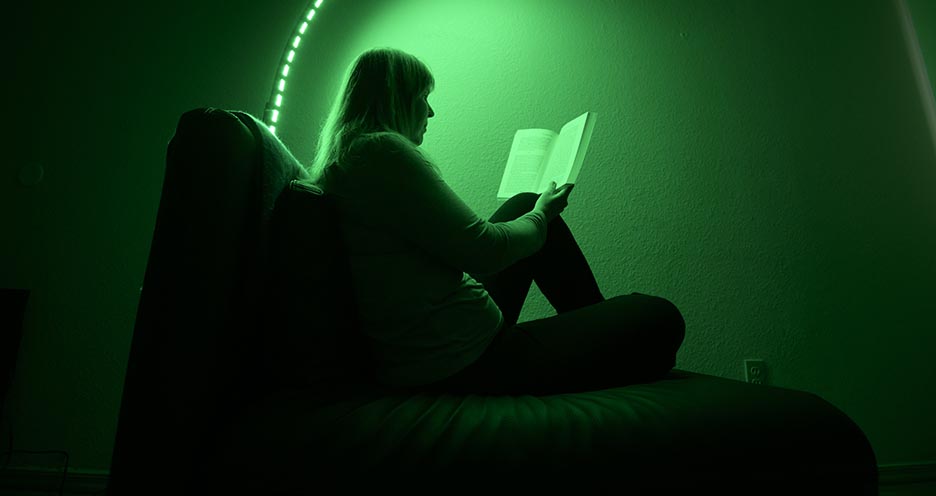Red Light Therapy
Harnessing Light for Cellular Optimization
What is Red Light Therapy?
Red light therapy involves exposing the body to low-intensity red and near-infrared light (typically between 600-1,000 nanometers). These wavelengths penetrate the skin and interact with cellular components, particularly mitochondria, to trigger a cascade of beneficial effects.
Key Benefits of Red Light Therapy
Grinders experiment across various domains, often tailoring their modifications to specific goals. Here are some key areas:
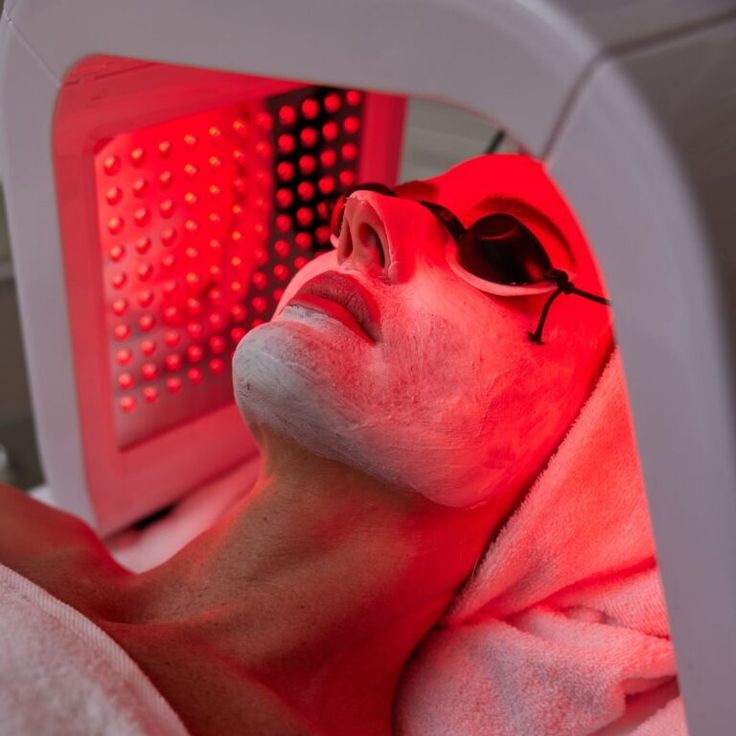
Skin Rejuvenation
- Stimulates collagen production, improving skin elasticity.
- Reduces wrinkles, fine lines, and signs of aging
.
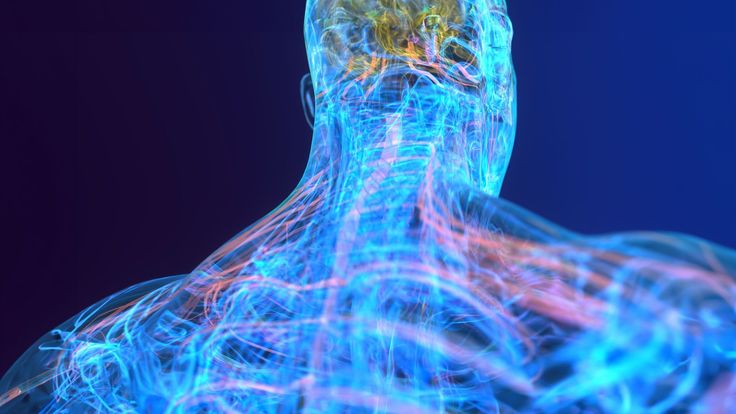
Pain Relief and Inflammation Reduction
- Alleviates muscle and joint pain by reducing inflammation.
- Effective for chronic pain conditions, such as arthritis.
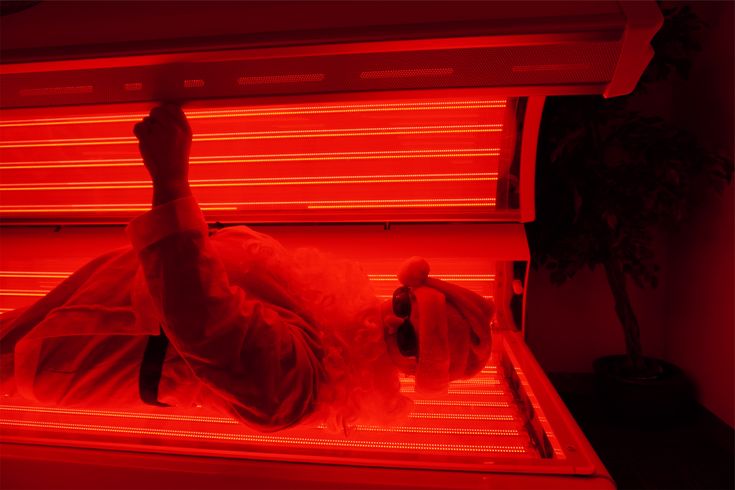
Wound Healing and Tissue Repair
- Accelerates the healing of cuts, burns, and injuries.
- Promotes tissue regeneration.

Improved Physical Performance and Recovery
- Enhances muscle recovery after intense workouts.
- Reduces muscle soreness and increases endurance.
Biohacking Applications
Fitness Optimization
- Pre-workout: Use red light therapy to enhance blood flow and prepare muscles.
- Post-workout: Reduce recovery time and minimize soreness.
Skin Health Routines
- Incorporate RLT into daily skincare for anti-aging and clearer skin.
Sleep and Stress Management
- Use in the evening to improve relaxation and prepare for restful sleep.
Chronic Pain Relief
- Use on affected areas to manage pain and improve mobility.
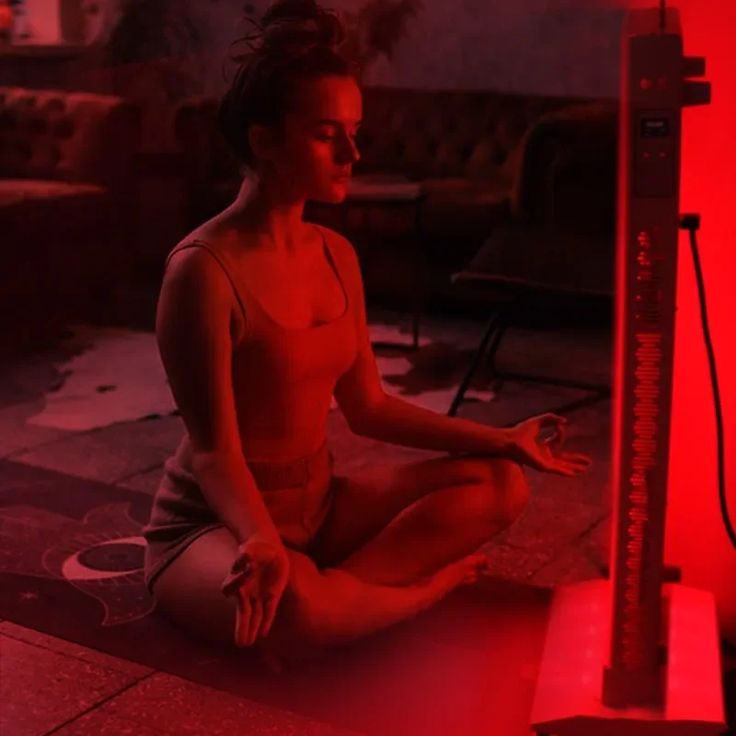
How to Use Red Light Therapy
Devices:
- Handheld RLT wands.
- Full-body light panels.
- Targeted laser therapy devices.
Session Duration:
- 5-20 minutes per session, depending on the targeted area and device.
Frequency:
- 3-5 sessions per week for optimal results.
Distance:
- Maintain 6-12 inches between the device and the skin.
Risks and Considerations
While red light therapy is generally safe, there are a few considerations:
- Skin Sensitivity: Prolonged use may cause mild irritation.
- Eye Protection: Avoid direct exposure to the eyes; wear protective goggles if necessary.
- Consistency: Results are cumulative and require regular use for noticeable improvements.
